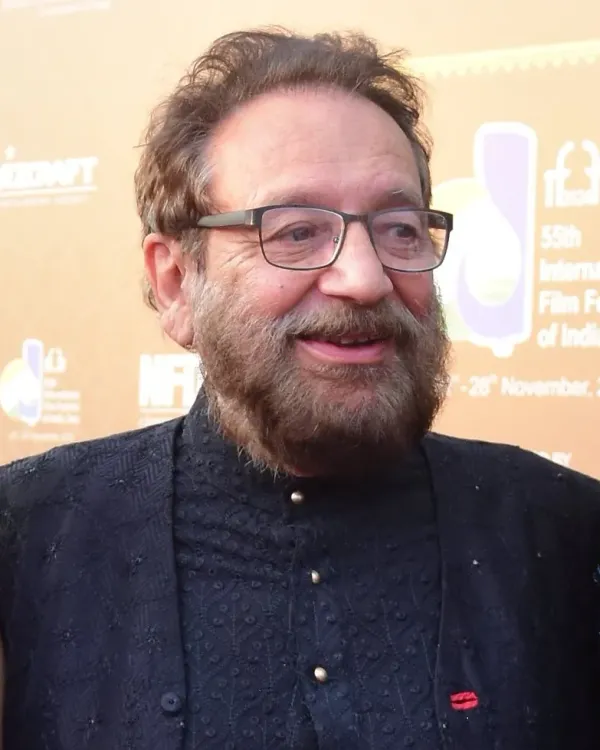Can Shekhar Kapur's Reflection on Newton's Apple Redefine Our Understanding of Time?

Synopsis
Key Takeaways
- Shekhar Kapur creatively reinterprets Newton's story.
- The dialogue explores crucial themes of gravity, time, and reality.
- Kapur blends science and spirituality in a unique narrative.
- The underlying message celebrates unity and love.
- Encourages reflection on our understanding of existence.
Mumbai, June 16 (NationPress) Renowned filmmaker Shekhar Kapur, celebrated for his insightful perspectives, has once again engaged his audience with a blend of poetry and philosophy on social media.
In a creative reinterpretation of Isaac Newton's famous moment beneath the apple tree, Kapur's post took an imaginative twist, allowing both the Earth and the apple to engage in a deep dialogue. Their conversation whimsically explores themes of gravity, mass, time, and the essence of reality itself.
Kapur illustrates how, as they debate who is truly descending towards whom, they ultimately discover a collective understanding—challenging the very notion of time and separation. By incorporating elements of quantum physics and the expanding universe, Shekhar Kapur harmoniously merged scientific inquiry with spiritual insight, concluding the narrative with a tribute to unity and love.
On his Instagram account, the director of ‘Mr. India’ shared images of Newton seated under the apple tree and wrote, “As Newton sat, observing the apple ‘fall’ to the ground, formulating the laws of gravity in his mind, the Earth conversed with the apple..‘Oh, be cautious! You’re falling towards me, you might hurt yourself!’ said Earth.”
“You’ve misunderstood,” replied the apple, “You’re the one falling towards me!” ‘Says who? ‘That man in a peculiar suit, who is about to uncover the fundamental laws of gravity,’ asked the apple, ‘How?’ ‘Because I possess greater mass than you!’ ‘But apparently the universe is expanding,’ noted the apple. ‘So in reality, I am moving away from you! What is reality?’ questioned the apple. ‘For quantum physics will soon confirm that the past, present, and future coexist in the now, simultaneously.’ ‘So if there is no past and no present, then time cannot exist?’ asked Earth. ‘True,’ replied the apple, ‘Then ‘falling’ cannot exist either, can it? Thus, I cannot be falling towards you, regardless of your mass. ‘Nor can I be falling towards you!’ retorted Earth.” (sic)
Shekhar Kapur further elaborated, “Both the apple and the Earth erupted in laughter, singing and dancing together, along with all the atoms and particles within them, ‘We are one. Always have been, always will be, bound together forever in love.’
They felt a deep sense of sympathy for the human clad in a strange costume, forever destined to ponder the true essence of the universe… while refusing to joyfully dance and sing with existence.”









